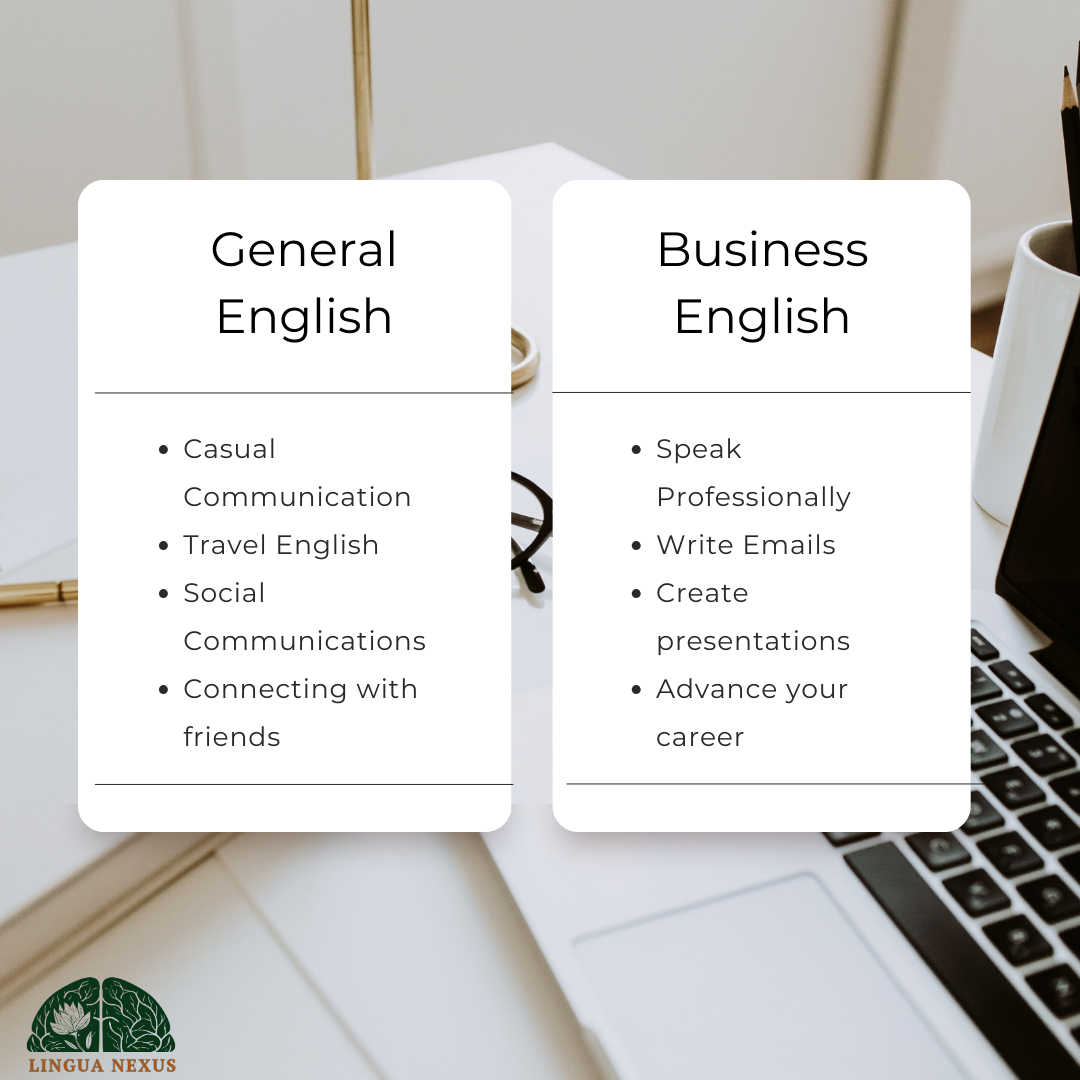Living the Expat Life: 5 experiences…From a Dutch expat gone Expat Coach!
After work I was taking a walk in my new hometown..
..it was the end of the day and I saw the best sunset ever. You must know these sunsets: orange, pink, green and blue-ish sky and
a big round pure orange object hanging there, as the queen of the sky. There I was, enjoying this beautiful scenery, and no one to share it with. All my friends and family were elsewhere, and I was here, starting my expat life. All by myself.
Five expat experiences from a Dutch expat coach
This is one of the many experiences I had living the expat life. As a Dutch person I lived in Sri Lanka and in Bali, worked for shorter or longer periods in many countries and coach expats all over the world. From all these experiences I picked five important ones that we
all may recognise.
Adventure!
When I was just living in Sri Lanka, I really enjoyed the warm climate, the daily bargaining with local tuk tuk drivers and the most amazing food in the world. Every day was an adventure, going to work, to the market and buy these crazy veggies, and learning some Sinhala words from colleagues. I felt like a global citizen and my friends enjoyed my anecdotes.
The Netherlands is not that exotic, but even this country can be adventurous according to the expats I know. Discovering the coziness, all the outside terrasses where you can have amazing sandwiches and such, and how the Dutch socialize.
Until you must organize your electricity, find a ‘klusser’ (handyman), find a job. Then you encounter the Dutch bureaucracy. And that can be a highly stressful exercise. Where to begin? How to find an English-speaking person and a website in English? And maybe most
importantly, how does one make friends in this country?
Quite lonely…
After this ‘honeymoon phase’, where you feel like you are on holidays and don’t really participate in the society yet, almost the opposite happens. I remember how I really appreciated the relaxed behaviour of my Indonesian colleagues, and how they lived by the
day. And then there was this moment that it turned out not to be so great.
We had an agreement about certain activities and my colleague simply didn’t do it. With my best diplomacy skills, I tried to tell her that ‘afspraak is afspraak’ (a deal is a deal, very important for the Dutch), but she just said, “today is today and that was yesterday”.

There I sat, with my Dutch background, totally misunderstood at that moment, feeling even disrespected. Only later I could feel that it wasn’t her intention to dismiss me, only a difference in cultural values. At that moment I really missed my Dutch colleagues, with whom it seemed so easy, where you knew that wat was said, also was meant, where we spoke the same language.
But I also realized the grass always seems greener on the other side.
Do you recognize these five expat experiences from a Dutch expat coach? Share your experiences and questions via talk@learndutchonline.nl! Looking for a coach to improve your international life? Contact Silvia directly, here!
Of course, there are differences but that’s okay
One of my Sri Lankan colleagues told me on Monday at work that she drove by my house that Sunday. I asked her why she didn’t ring the bell to pay me a visit. This was her reaction: “In order to see a Dutchy you have to make an appointment weeks in advance.”
Completely unaware of the fact that we Dutch are perceived this way, beside the fact that we seem quite rude compared to other cultures, I felt sorry I missed out on an opportunity to make friends and invited her to come spontaneously whenever she wanted. She never did that, and when we became friends, she said she felt she didn’t want to embarrass me.
Talking about two different cultural values and norms. And: about how we both try to adapt and respect the other culture, but also trying to live our own values.
My values and norms are equally important to their values
When I worked as an international consultant and coach, I had to build relationships with my clients and worked hard to adapt to their culture. I believed that as a guest I had to.
Until I started noticing that I couldn’t always deny my personal and cultural values and norms. A simple example is being on time. In my culture being on time is an expression of respect, but is the opposite also true? I remember a manager who I coached who once said
that he felt disrespected by his local employees because they were always late. When we started the conversation with them about this issue, he found out that it was completely different for them, they didn’t relate being on time with respect.
That was a moment of reconciliation and created mutual understanding and a much better working relationship. The manager could accept their behaviour a little better, but he would never ever be late himself.
I just mentioned ‘reconciliation’. This is an important and effective skill to use when you encounter cultural or personal misunderstandings. You both share your values and the norms that come with it and listen without judgment. Most of the time the
misunderstanding comes from not knowing, and when there is a willingness to understand there is the ability to understand.
I learn so much about myself, my comfort zone increases
This reconciliation process is a good example of how you increase your self-knowledge as well. By being confronted with insecurity, irritation, loneliness, you usually want to explain this before you can accept it. This means you must think about yourself (without trying to judge others). And by explaining to others what bothers you, what drives you and what is important to you, you take care of yourself. Something that would not automatically happen in an environment that doesn’t challenge you.
I had to learn to accept that people from other cultures have other values about equality, hierarchy, openness, public-private balance, et cetera, and that wasn’t always easy. But I learned to understand that they also had to accept that I was different from them. And I wanted to be accepted as well. So we were in the same boat. When I was able to do that, my world became bigger, and I felt safer in unfamiliar environments. Because I knew myself and took care of myself and could connect to others.
But then, connecting to others, does this mean you can make new friends? And what about this sense of humor? Could we ever overcome these differences?
What about you? How do you do this?
Your life becomes so intense, experiences tumble over each other. Your culture creates a sense of security and safety, and entering a new, strange culture can be scary. I am curious how you survive and which difficult and funny experiences you had living abroad!
What are your most important experiences so far? Did you enjoy reading about these five expat experiences from a Dutch expat coach?
By Silvia van der Cammen
BeGrace coaching
www.begrace.nl



